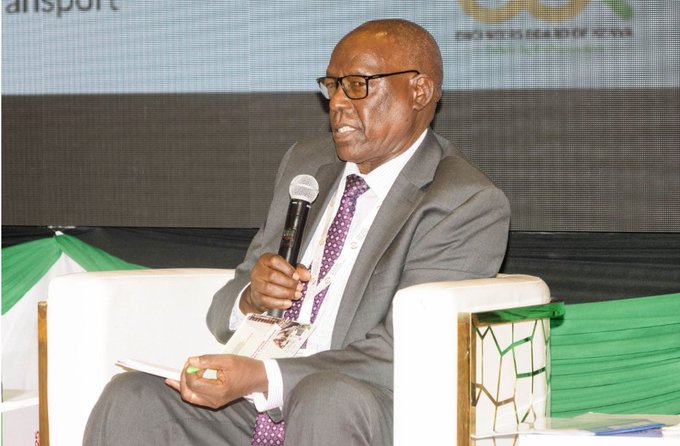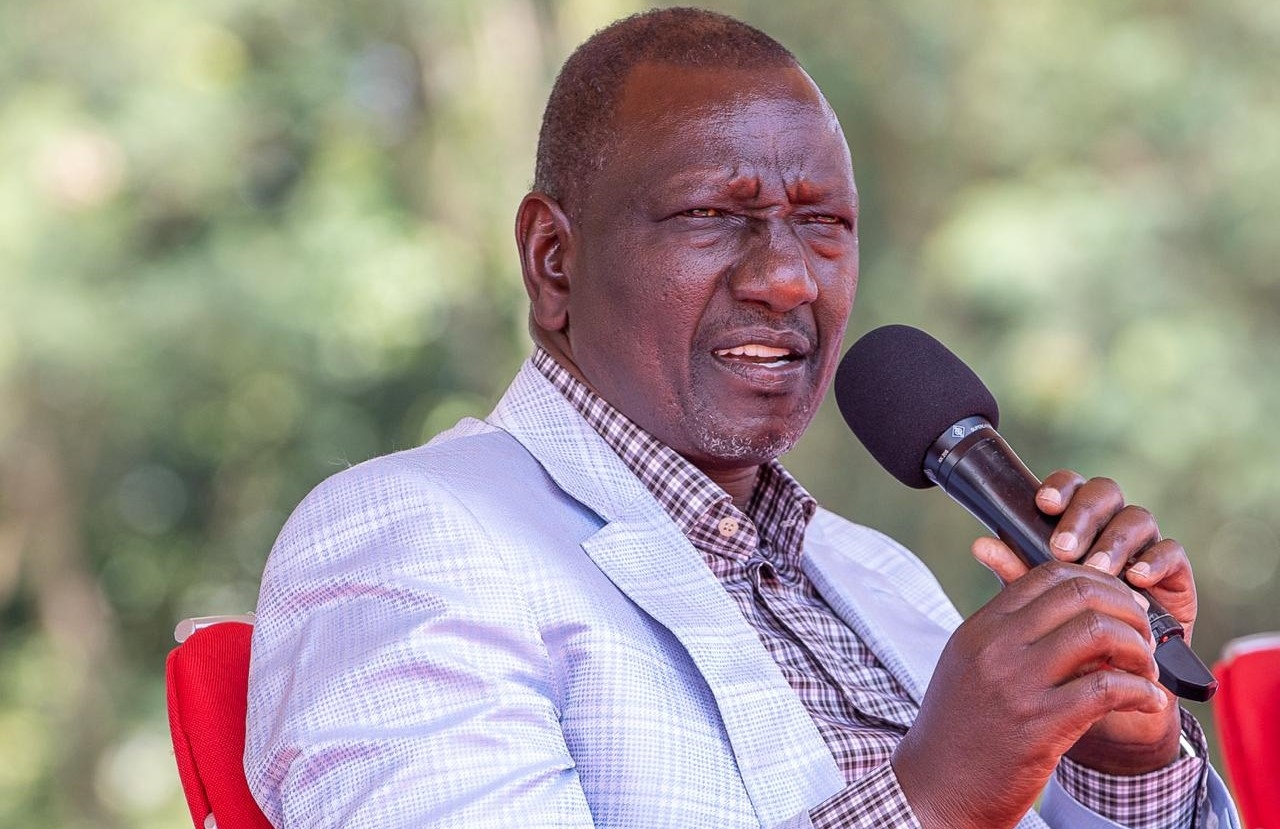

THE Engineers Board of Kenya (EBK) has committed to scale up support for agricultural engineers in the country, as part of its latest reforms to enhance economic growth.
This is through facilitating training, registration and deployment in areas like irrigation, mechanisation and post-harvest handling, a move expected to bring on board more registered agricultural engineers which remains low.
The initiative is part of EBK’s drives to improve food security in the country with agriculture remaining central to economic transformation.
Speaking during the sixth Engineering Partnership Convention in Nairobi, EBK chairman Erastus Mwongera called for stronger partnerships to increase capacity in this critical area, amid calls for a 30 per cent investment in the capacity building of local engineers.
"This will not only enhance the skills of our workforce but will also ensure that Kenyan engineers play an important role in the country's infrastructure and development agenda," Mwongera said.
This, as EBK also calls for the harnessing of the country’s youthful engineering workforce.
Through the Graduate Engineers Internship Program (GEIP), supported by the exchequer, over 200 graduate engineers are currently undergoing structured training in various sectors with more than 500 engineers having benefited from the programme so far.
Despite this success, 40 per cent of registered graduate engineers remain unemployed, leading to talent attrition and reduced engineering productivity.
“We strongly appeal for increased funding to achieve 100 per cent annual coverage for approximately 1,500 graduate engineers,” Mwongera said.
The Nairobi summit also saw EBK push for environmentally compliant engineering practices in alignment with the National Climate Change Strategy.
A multi-sector agency committee, chaired by the PS for Public Works and comprising EBK, NEMA, the Board of Registration of Architects and Quality Surveyors (BORAQS) and the Natyional Construction Authority, is coordinating joint enforcement, site inspections and disciplinary action.
“We are finalising an Integrated Project Compliance Portal to streamline multi-agency approvals and environmental safeguards,” said Mwongera.
Other resolutions during the Nairobi meeting included elevating engineering education and global mobility, strengthening compliance for safe and quality infrastructure and multi-sector collaboration for national transformation.
At the moment, 90 per cent of engineering programmes accredited by Commission of University Education (CUE) are now recognized by EBK. The remainder will be finalised by June 2025.
A bridging programme for graduates from unaccredited institutions has been developed with the Committee of Deans of Engineering (COEDP) and will roll out in the next academic year.
“The Board has signed an MoU with the Chinese Society of Engineers, under the WFEO Engineering Capacity Building African Programme (ECBAP). Kenya has been designated as a regional centre of excellence for engineers, and we are engaging Konza Technopolis on the establishment of the Kenya School of Engineering,” he said.
Secondly, on the recent state corporatyion reforms, I am please to announced that EBK made clarifications that EBK is a regulator as per our mandate. However, While EBK remains focused on its mandate as a regulator, current funding levels are insufficient to fully deliver on national and international obligations. We respectfully request enhanced budgetary support to expand our regulatory, training, and compliance functions.
EBK is a statutory body established under the Engineers Act, 2011. As the national regulator of the engineering services, it oversees the education, training and professional practice of engineers in Kenya.
To date, the board has registered over 27,000 engineers and licensed more than 170 engineering consulting firms.
State department for environment PS Festus Ng’eno urged the Ministry of Roads and Transport to commit supporting EBK through the development of policies, funding frameworks and digital systems that enhance service delivery and regulatory oversight.
This includes support for enforcement of the Engineers (Scale of Fees for Professional Engineering Services) Rules, 2022.
“To support professionalism, I commend the approval of Career Progression Guidelines (Scheme of Service) for engineers by the Public Service Commission and State Department for Roads, which will improve talent retention and provide clear pathways in public service,” the PS said.













![[PHOTOS] Uhuru leads Jubilee grassroots meeting in Murang’a](/_next/image?url=https%3A%2F%2Fcdn.radioafrica.digital%2Fimage%2F2025%2F11%2F0b2a49cd-52fb-4a92-b9dc-26e253825a4a.jpeg&w=3840&q=100)




